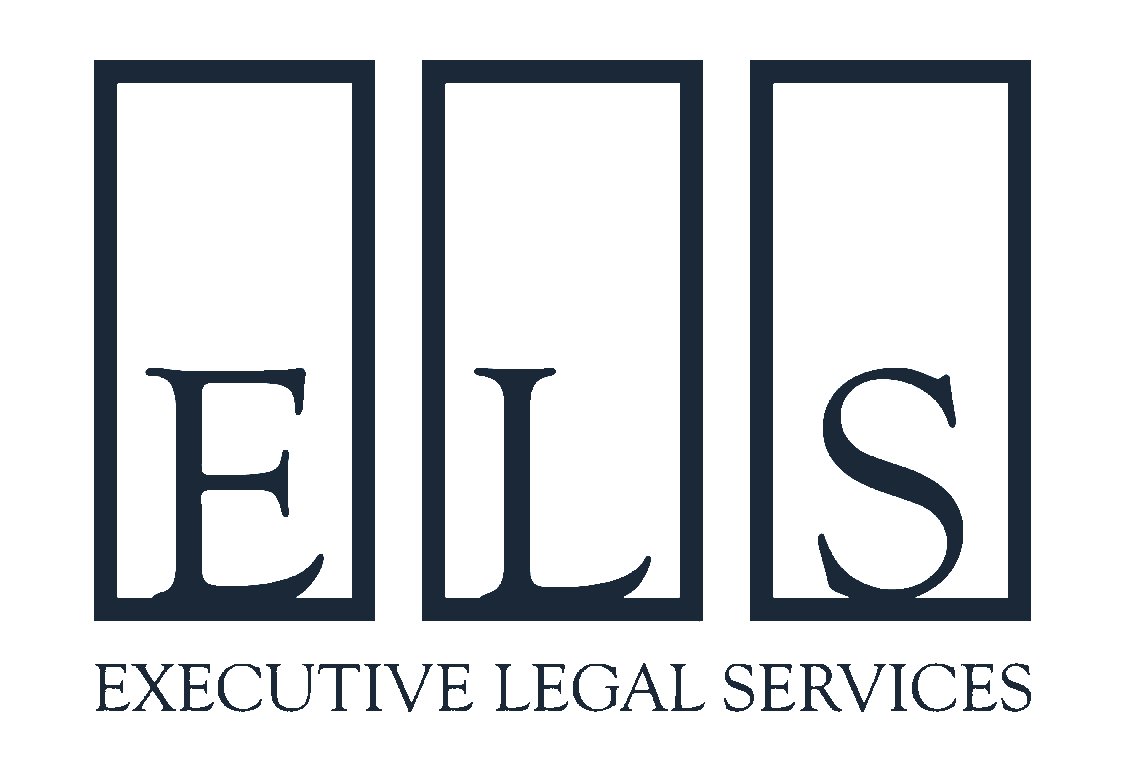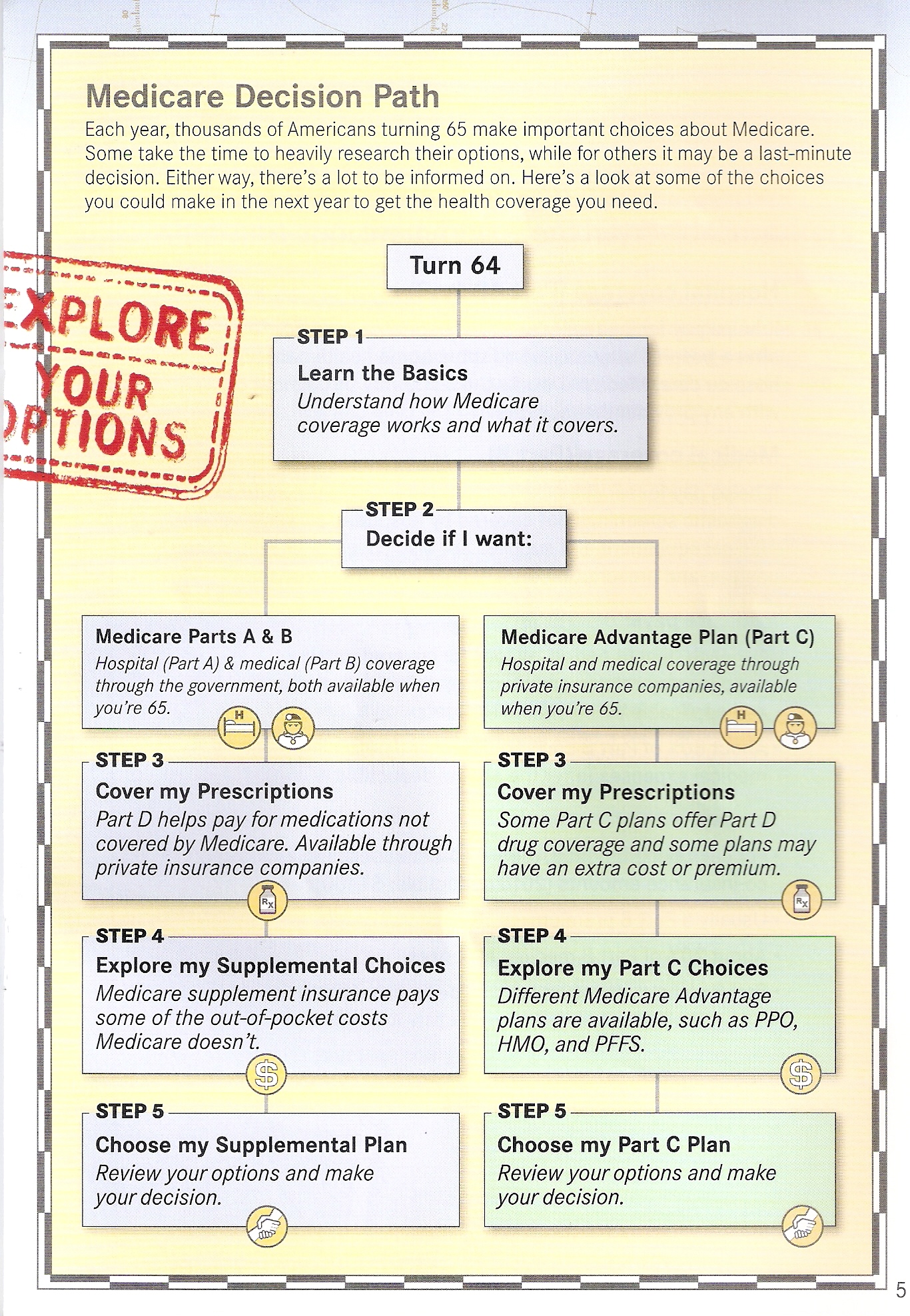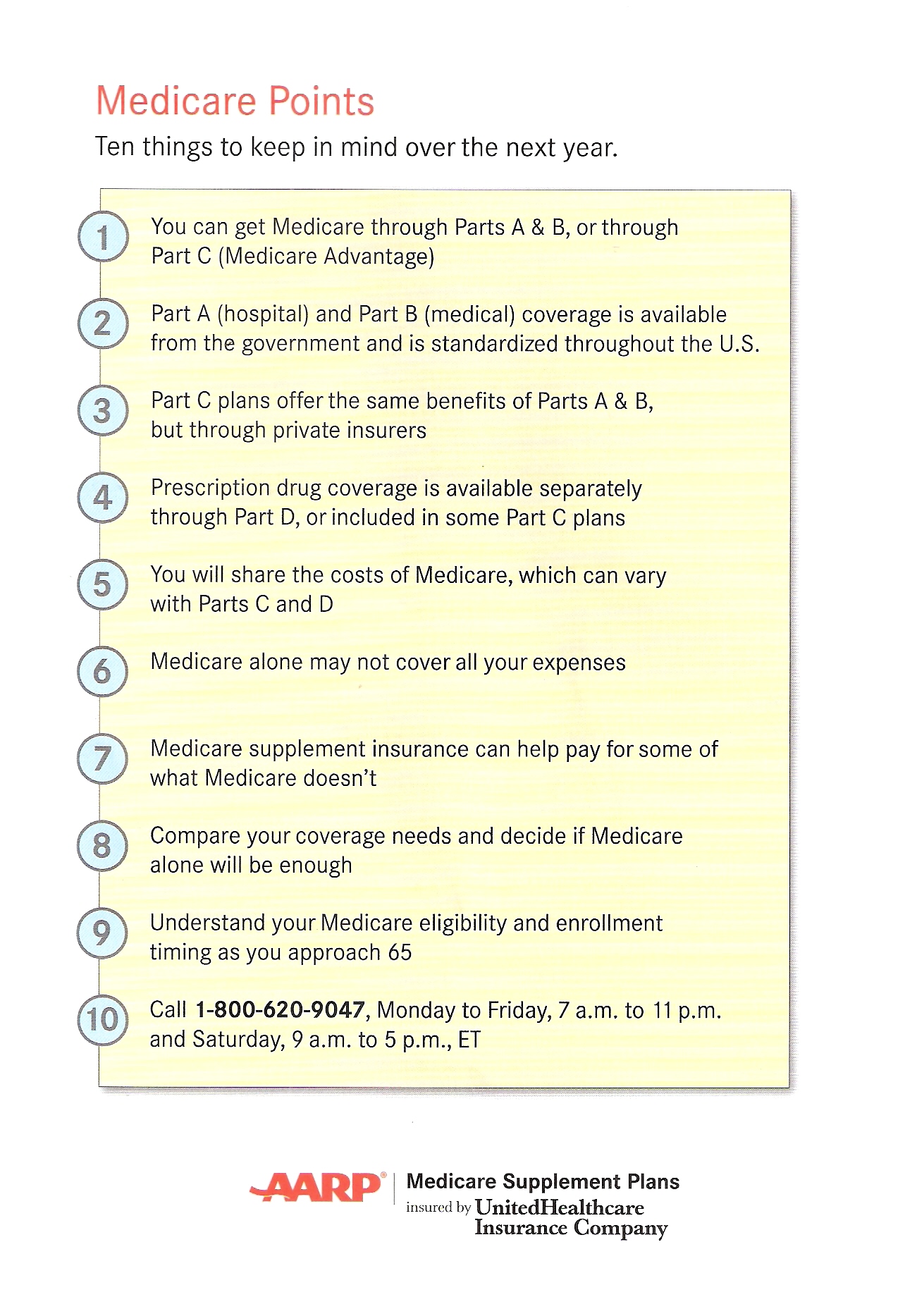The services we offer…
What is Digital Documentation and Why Do I Need it?
Digital Documentation is a service in which your signature is digitally video recorded to provide evidence of sound mind and free will. This can be extremely beneficial if there is the possibility that questions will arise in the event of a will contest or extenuating circumstances where your wishes are questioned because of mental or physical illness. Documents that are eligible for this service include Living Wills, POAs, and Last Will and Testaments.
What is a Mobile Notary and Why Do I need one?
Our Mobile Notary provides a notary who travels to homes, businesses, hospitals or other places to provide notary services. Many times a Notary is needed for documents such as a Will, POA, or Trust, and sometimes the person who is signing is unable to travel. This is where a Mobile Notary comes into play.
Why do I need Document Retrieval Services or Courier Services?
Sometimes the occasion arises where you may need a copy of your deed, birth certificate, or other important legal documents. We offer a service where we can retrieve such documents, and deliver them to you. We also offer personal and business courier services for the pickup, delivery, or filing of documents for all counties in Ohio.
VETERAN’S AID AND ATTENDANCE BENEFITS
Looking for extra funds to help pay for caregiving services in your home, in an assisted living facility or in a nursing home? Are you a veteran, spouse of a veteran or widow of a veteran that served during a time of war? If so, you may qualify for an under-utilized and much misunderstood benefit is sometimes referred to as Veteran’s Aid and Attendance, Improved Pension or Enhanced Pension. A similar, but slightly different benefit is known as a Housebound Pension. The funds provided by these benefit program for veterans are often the difference between being able to afford to keep a frail elder at home and having to transfer them to a skilled nursing facility.
The maximum veteran’s benefit is approximately $1600-1900 per month for a veteran with 1 dependent and approximately $1000 per month for the widow(er). Assets (not including house and other exempt assets) must be less than $50,000 for single or widow; and $80,000 for married veterans.
WHO IS ELIGIBLE
Any War Veteran with 90 days of active duty with at least one day during active War time is eligible for this benefit. A surviving spouse of a War Veteran may be eligible if married at the time of death. The individual must qualify both medically and financially. Assets cannot exceed eighty thousand dollars however, many things, including their home, vehicle, pre-paid funeral expenses and many other items may not be included in this number. For further information regarding financial qualifications, consider seeking the referral from Executive Legal Services.
ELIGIBILITY DATES:
4/21/1898 – 7/15/1903
5/9/1916 – 11/11/1918
12/07/1941 – 12/31/1946
6/27/1950 – 1/31/1955
8/5/1964 – 5/7/1975
8/20/1990 – present
HOW QUICKLY WOULD I RECEIVE THE BENEFIT
The time frame is determined by the accuracy of the initial application. The average process takes between 4-6 months. However, the VA does pay retroactively from the date of application. The resident is paid directly from the VA. This program financially assists the resident with paying their monthly rent, care, and/or services.
Life Care Planning is a process whereby the legal, healthcare and social aspects of a person’s life are assessed and a plan is developed to meet those needs in an economical fashion that protects and preserves the income and assets of the person to the greatest extent possible. The elements of a Life Care Plan include the assessment of the immediate, mid-term and long-term care needs of the person, followed by the developments of a plan to provide the type of assistance the person will need during the various time frames and then determine how to most efficiently pay for that assistance.
With a Life Care Plan, you never have to wonder if you’re doing everything you can for your loved one. Executive Legal Services is a member of Life Care Coaches and through our involvement with their team we work with associates in the areas of Financial Planning, Insurance Planning, Medicaid Planning, Real Estate Services, Veterans Benefits and In-Home Health Care Services.
MEDICAID QUALIFICATION
EXEMPT ASSETS AND COUNTABLE ASSETS
EXEMPT ASSETS are assets that Medicaid will not take into consideration for qualification for Medicaid benefits.
The primary exempt assets are:
- Home
- Personal belongings and household goods
- Automobile for spouse
- Irrevocable prepaid funeral contracts and burial plots
- Life Insurance if face value is $1,500 or less
COUNTABLE ASSETS are all other assets that are usually non-exempt and are countable.
Some of the countable assets are:
- Cash, savings, checking accounts, certificates of deposit
- Savings Bonds
- IRA and other retirement accounts
- Real estate other than residence
- Boats or recreational vehicles
- Stocks and mutual funds
Key Medicaid Information for Ohio for 2017
Protections for the Community Spouse
| Community Spouse Resource Allowance (CSRA): | Minimum: $25,284 Maximum: $126,420 |
| Increased CSRA: | Permitted through appeal. Ohio follows the income-first rule. |
| Annuities: | Annuities purchased prior to the first continuous period of institutionalization are given some protected status.* |
| Monthly Maintenance Needs Allowance: | Minimum: $2,003 Maximum: $3,023 |
| For explanation, click here. | |
Transfers
| Average monthly cost of nursing home care according to state: | $6,570 |
| For explanation, click here. | |
| Has a Long-Term Care Partnership program been implemented? | Yes |
| For explanation, click here. | |
Income
| Is the state an “income cap” state? | No |
| For explanation, click here. | |
Estate Recovery
| Has the state expanded the definition of “estate” beyond the probate estate? | Ohio has significantly expanded the definition of “estate” to include almost everything a person owns at death. It is important to check with a qualified elder law attorney for advice regarding post Medicaid eligibility planning. |
| Has the state included a hardship provision in its estate recovery plan? | Yes |
| For explanation, click here. | |
Home Equity Limit
| The state Medicaid program will not cover long-term care services for those with home equity above this limit, with certain exceptions. |





